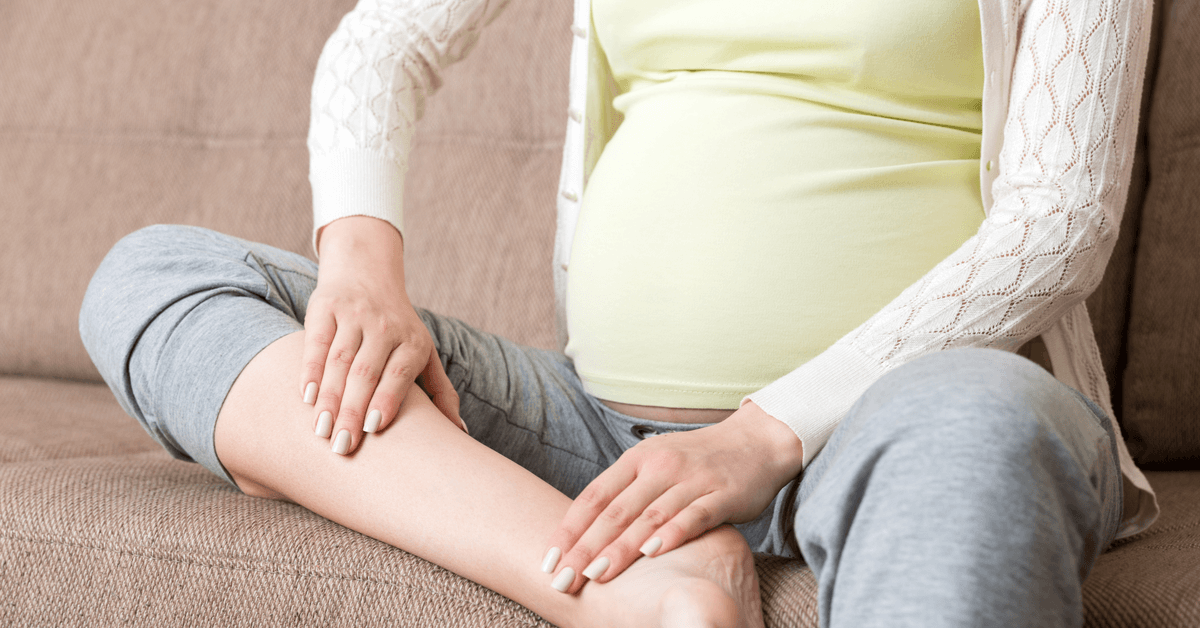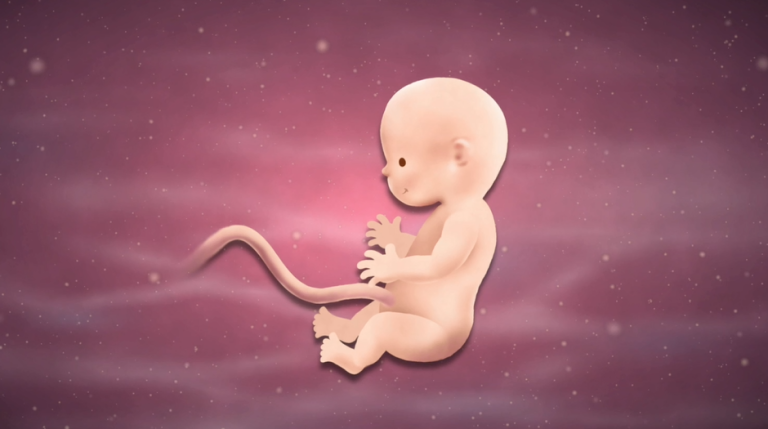Swollen feet during pregnancy emerges as a problem that compels mothers in the last stages of pregnancy. What is good for swollen feet during pregnancy, and what can you do anything to reduce it?
Pregnancy is a long process that takes an average of 9 months and ten days. From the first moment you learn that you will have a baby until the birth, your pregnancy can bring a lot of beauty and cause various problems.
Nausea, vomiting, weakness, low back and back pain are the most common complaints in this period, while your chances of seeing an increase in the number and severity of your complaints will increase as your pregnancy progresses.
Of course, there is no rule that every woman should experience the same problems during pregnancy; however, many pregnants experience almost the same problems. As the birth of your baby approaches, conditions such as weight gain, shortness of breath and weakness due to weight gain, extreme tiredness, and increased urge to urinate may occur.
Causes of Swollen Feet During Pregnancy
Pregnants try to be careful in every matter and try to do their best for the health of both their babies and themselves to make their pregnancies more comfortable. However, the body’s chemistry also changes with pregnancy, and there are differences in hormonal order.
With hormones and the increase in body weight day by day, swollen feet may be inevitable during pregnancy. Intense swelling and oedema problem in the feet, hands and wrists confronts mothers with the question, “What causes swollen feet during pregnancy?”
- Hormonal changes
During pregnancy, hormonal changes prepare you for birth and begin to loosen the ligaments and joints in your body, especially the ligaments and joints in the pelvis. Your feet may also begin to swell with the effect of this relaxation. - Increase in the amount of water in the body and blood circulation
With your baby’s growth in your womb, the amount of water needed by the body increases, and blood circulation also increases. This causes oedema of the body and causes swollen feet. - Weight gain
The weight gained during pregnancy causes your body to become fat. The fatty tissue of your feet increases due to weight gain, and the feet may become larger. - Growth of the uterus
Especially in the last stage of pregnancy, the enlargement of the uterus can pressure the veins in the lower part of the body, preventing blood from being pumped back to the heart. This pressure causes fluid to accumulate in the legs, causing oedema. - Excessive consumption of salty foods
Excessive salt consumption causes water retention in the body. Consuming salty foods too many causes oedema formation. - Hypertension
High blood pressure can lead to water retention in the body due to poor blood circulation. - Pregnancy poisoning (preeclampsia)
Pregnancy poisoning called ‘preeclampsia’ causes sudden swelling in the body. - Hot weather
Hot air decreases blood circulation and increases oedema. - Excessive consumption of caffeinated beverages
Consuming too much caffeine can hold water in the body and cause swelling of the hands, feet and legs. - Less mobility
Not walking, little movement and sitting all day cause blood flow to slow and fluid to accumulate in the body.
When Does Swollen Feet During Pregnancy Start and When Does It Go Away?
Oedema is one of the possible complaints of pregnancy, but when do swollen feet start during pregnancy? When you wake up one morning, you may notice that your hands, feet, and even your face look larger than usual and are swollen. Oedema can occur suddenly at any time of pregnancy.
In some periods, it emerges as a more common problem. In general, oedema is more common in the last three months of pregnancy, which is called the third trimester. In other words, starting from the 6th month of your pregnancy, you may experience intense oedema in your hands, feet and ankles.
The strongest reason for this is that with the increase in weight, the pressure exerted by the uterus on the lower part of your body increases and causes water retention in this region.
If an excessive growth has occurred in the feet during pregnancy, your foot structure may change accordingly, and your feet may not fully return to their original state after birth. Apart from this, the swelling and oedema of your feet will begin to decrease gradually after birth, and this period can take up to 6 months.
In Which Situations Can Oedema Be Dangerous?
Oedema and swelling in pregnancy poisoning can be dangerous for mother and baby health. However, not every oedema means that there is preeclampsia. In addition to oedema, preeclampsia may be suspected if complaints such as vomiting, severe headache, blurred vision and pain in the lower ribs are present. A doctor should be consulted as soon as possible.
14 Effective Suggestions for Swollen Feet in Pregnancy
Pregnancy is a difficult period for pregnants to get used to and overcome. In this period, the swollen feet may restrict the mother’s mobility, preventing her from walking and negatively affecting her daily life. Her feet will not fit in her shoes, and this will start to bother her.
We have compiled our suggestions that will be good for foot swelling during pregnancy.
- Take care to drink at least 2 litres of water every day. Increasing your fluid consumption helps to remove harmful substances from your body that cause oedema.
- Prefer comfortable and non-squeezing shoes. Shoes that are too tight and lace-up will squeeze your feet, causing them to swell.
- Try to take short walks, practice simple exercises that do not tire you during the day, and swim if you can.
- Avoid wearing tight clothing. Tight trousers, nylon stockings and tight clothing will negatively affect your circulation.
- Avoid extremely salty foods but don’t cut back on salt completely.
- Take care to lie on your side while sleeping at night. You can reduce the pressure on the central vein by lying on your left side.
- Do a cold water massage that you can relax your feet and reduce swelling.
- Avoid sitting with your legs crossed. This way, you reduce the pressure.
- Try not to be in very hot and humid environments.
- Try to lie down and rest by placing a pillow under your feet.
- Soak your feet in vinegar or salt water for 15-20 minutes.
- Do a massage on your feet to accelerate blood circulation and relax.
- Avoid standing or sitting still for long periods.
- Prefer orthopaedic and synthetic material-free shoes instead of pointy-toed, high-heeled shoes.
Feet Exercises You Can Do for Swelling During Pregnancy
The way to get rid of foot swelling will be to increase blood circulation in the body. For this purpose, you can support your body circulation with simple movements that you can perform while sitting or standing.
- By moving your feet from the ankles, rotate them ten times clockwise and ten times counterclockwise in a circle. Repeat this move for your other foot as well.
- Move your feet up and down 30 times by bending your ankles. Repeat this move for your other foot as well.
While practising these movements, you should not forget that exercising alone will not be enough for oedema removal. It will be more beneficial for you to prevent the problem of swollen feet during pregnancy if you practice your exercises to support other points you need to pay attention.
Would you like to share your experiences and questions as a comment?
Have a nice and healthy day!







